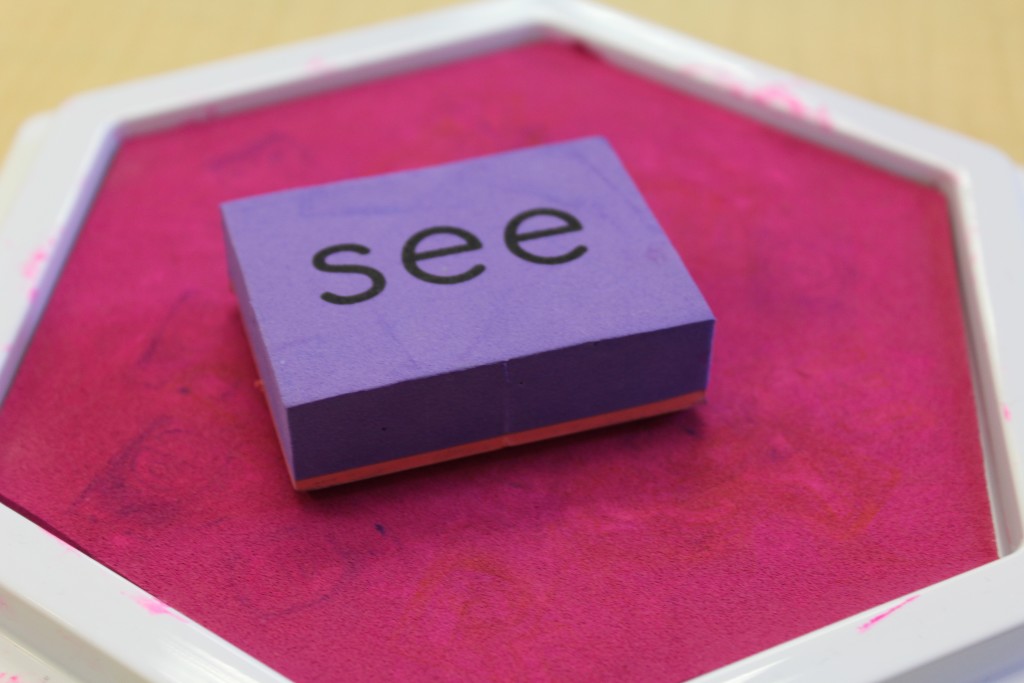
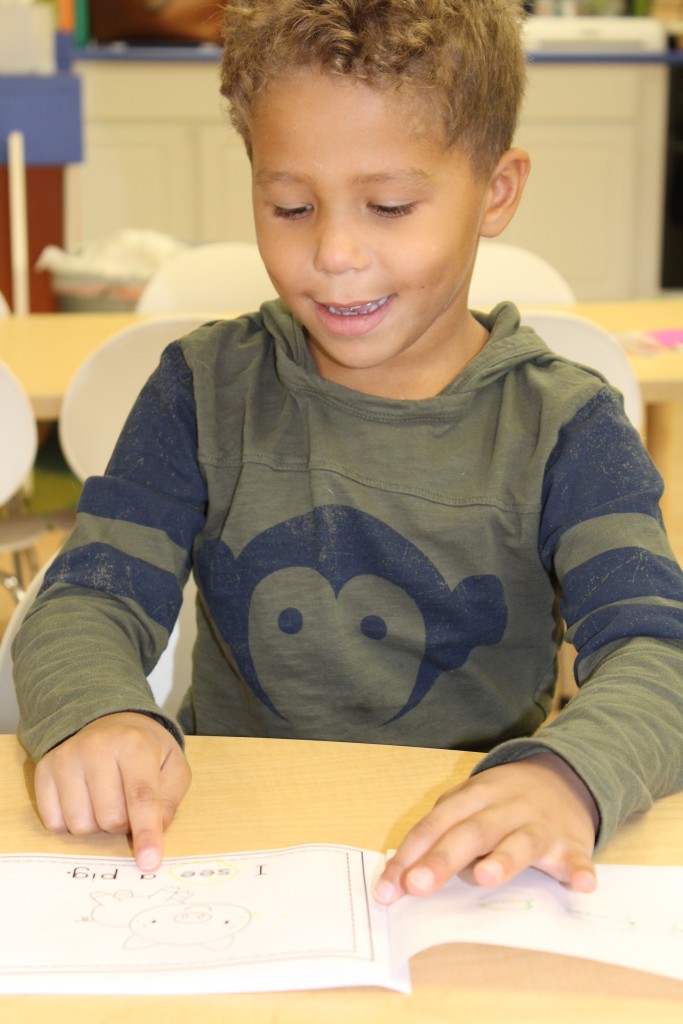
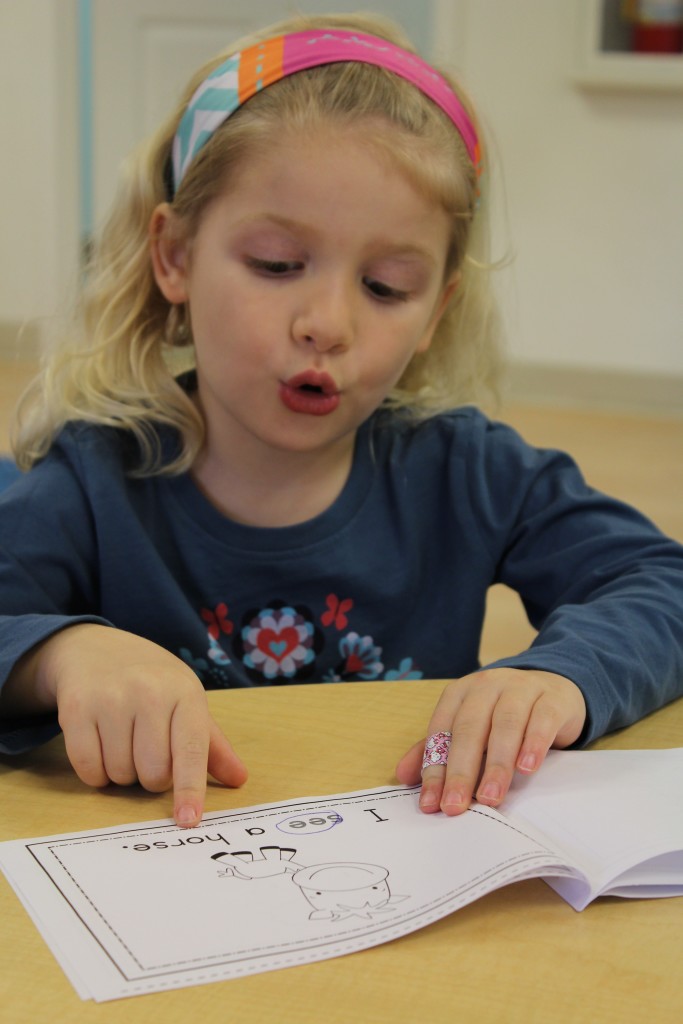
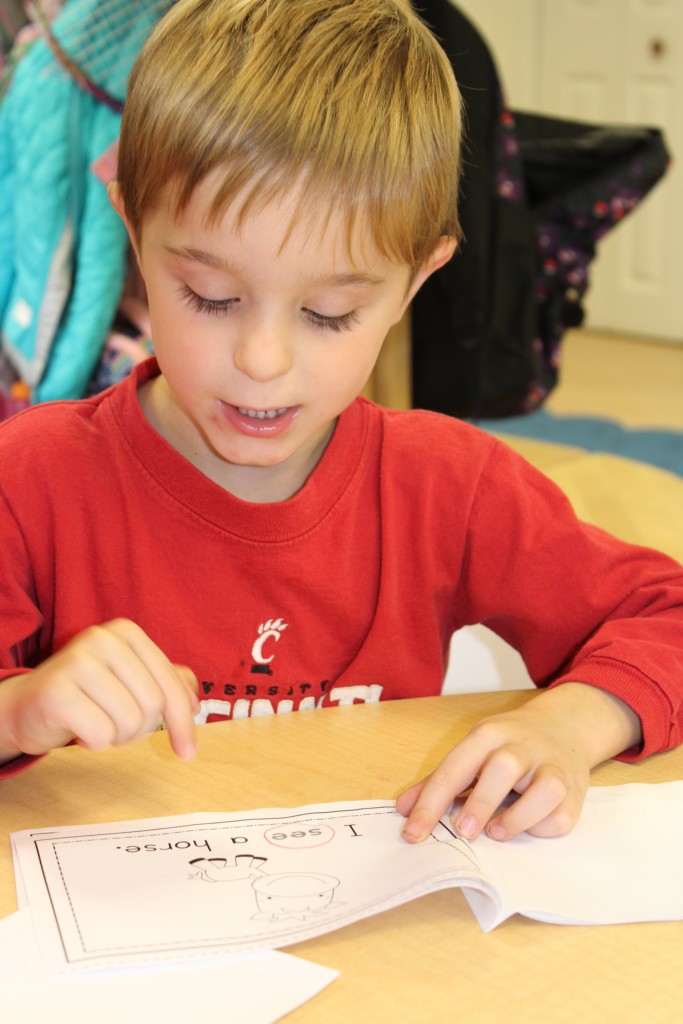
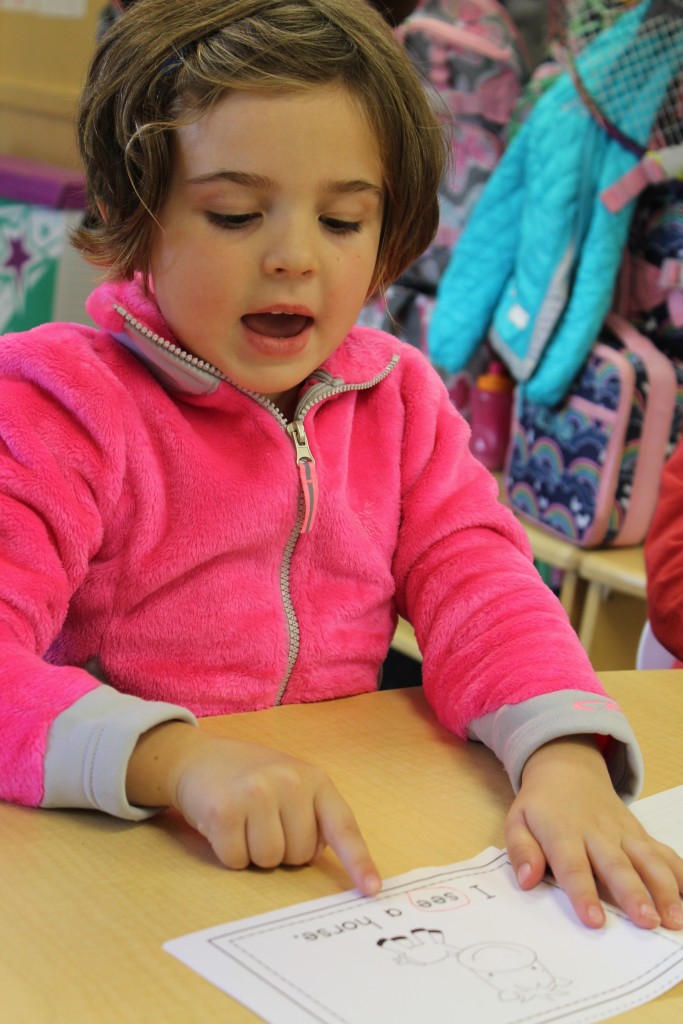
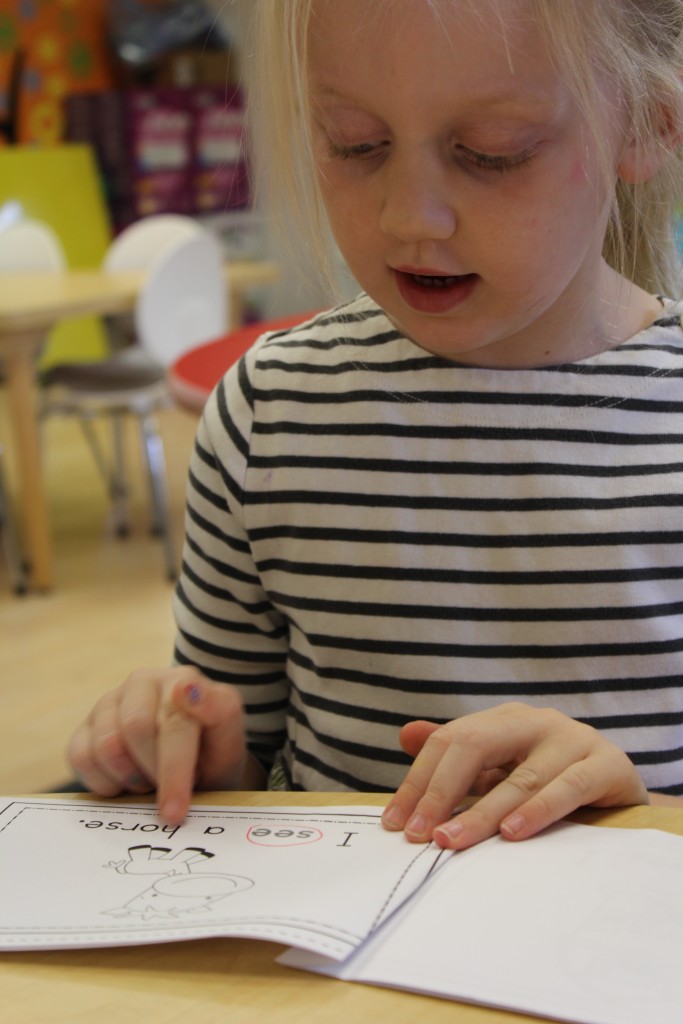
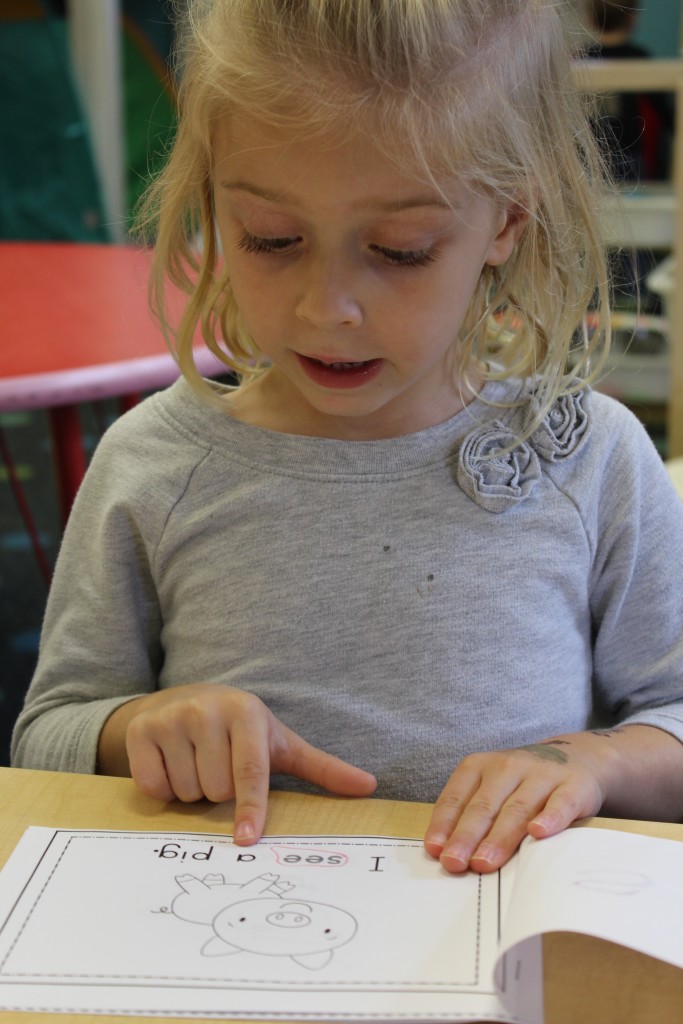
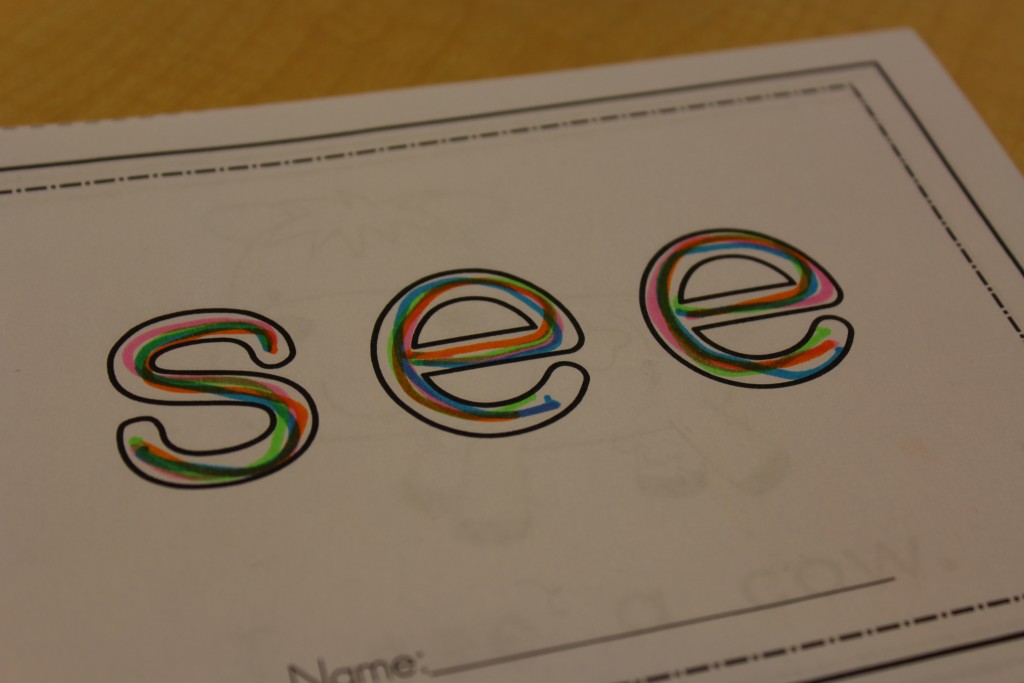
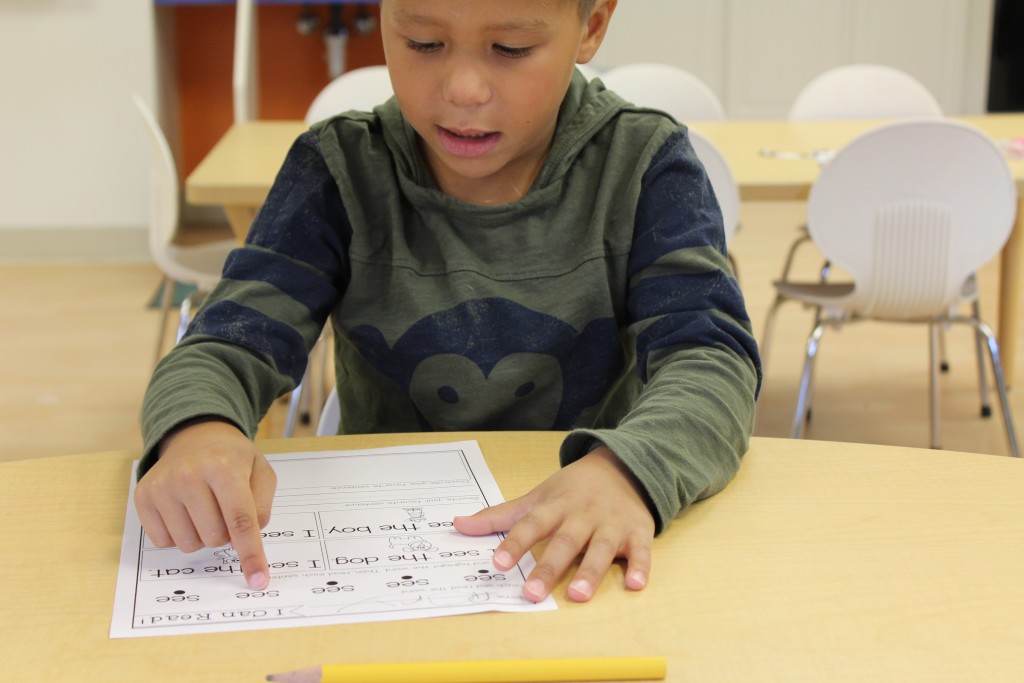
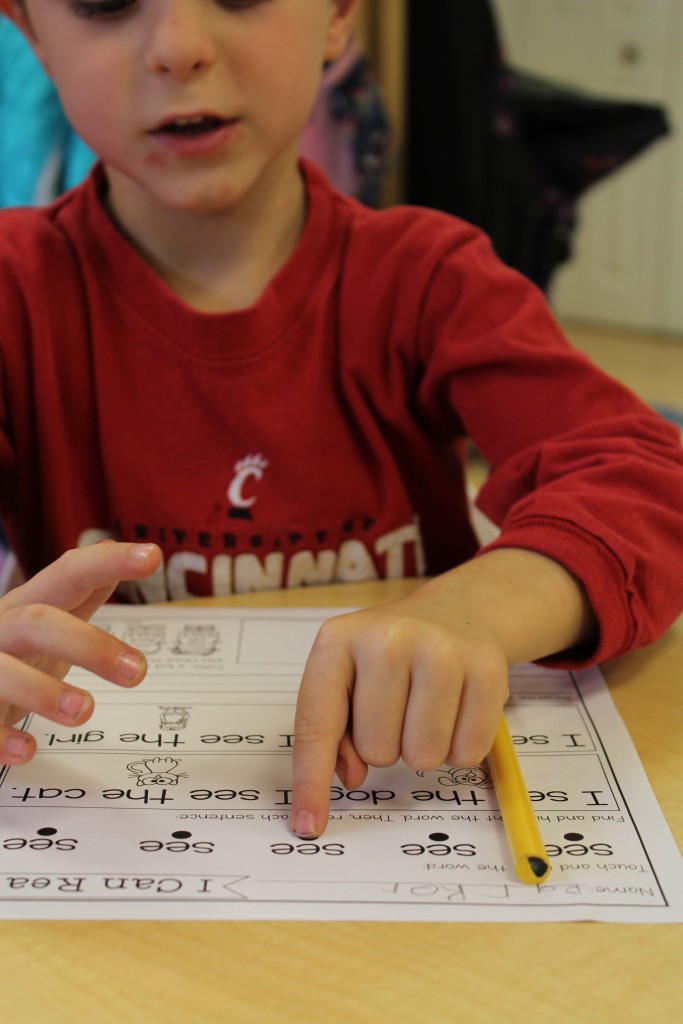
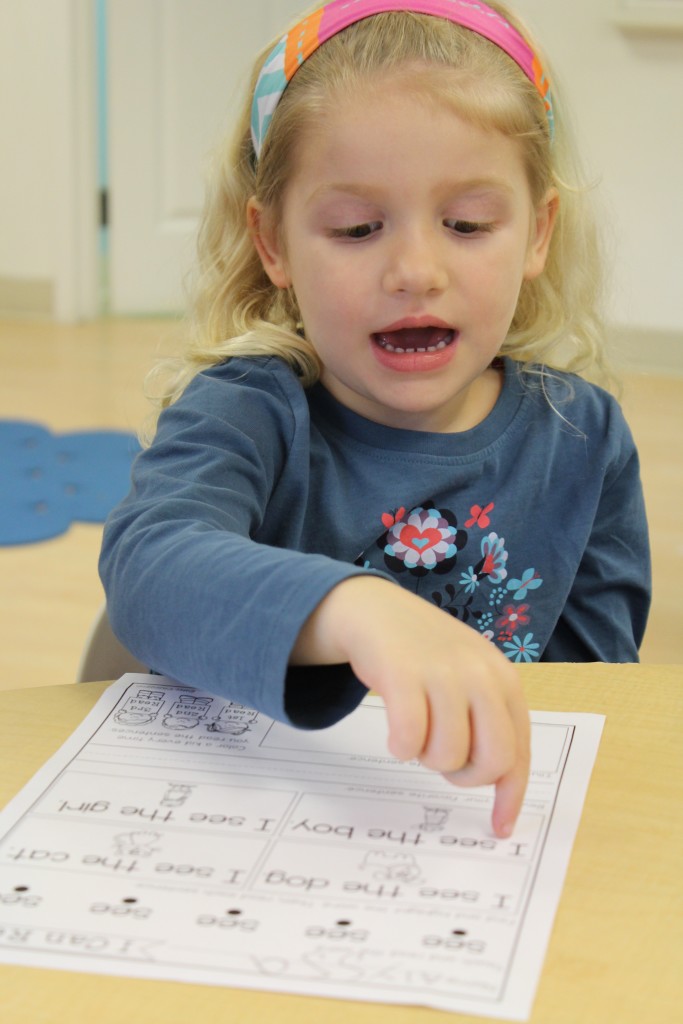
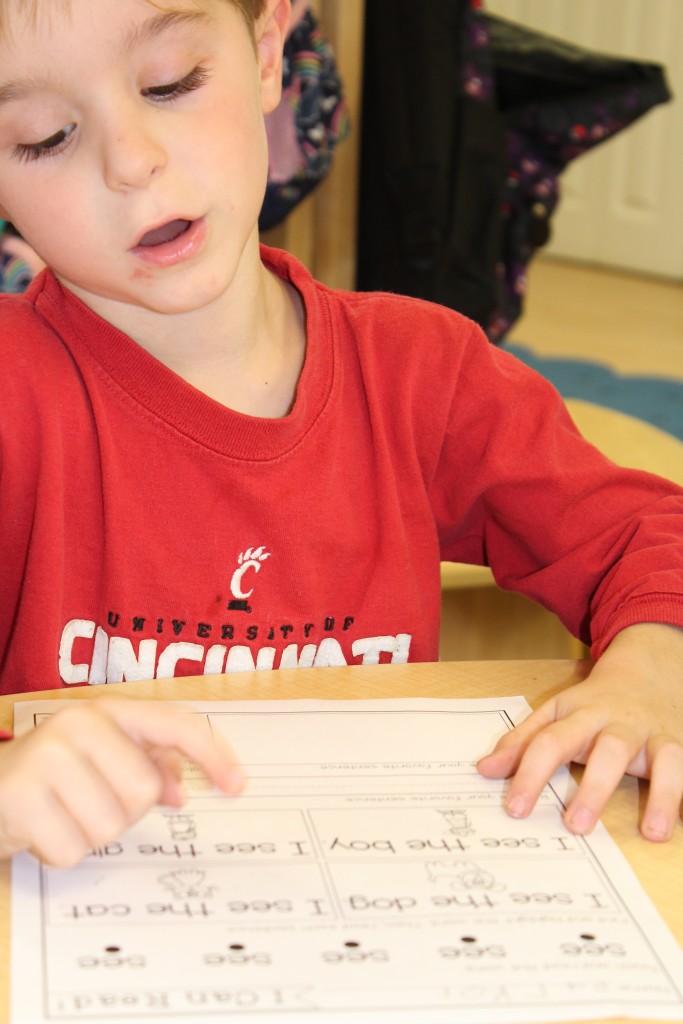
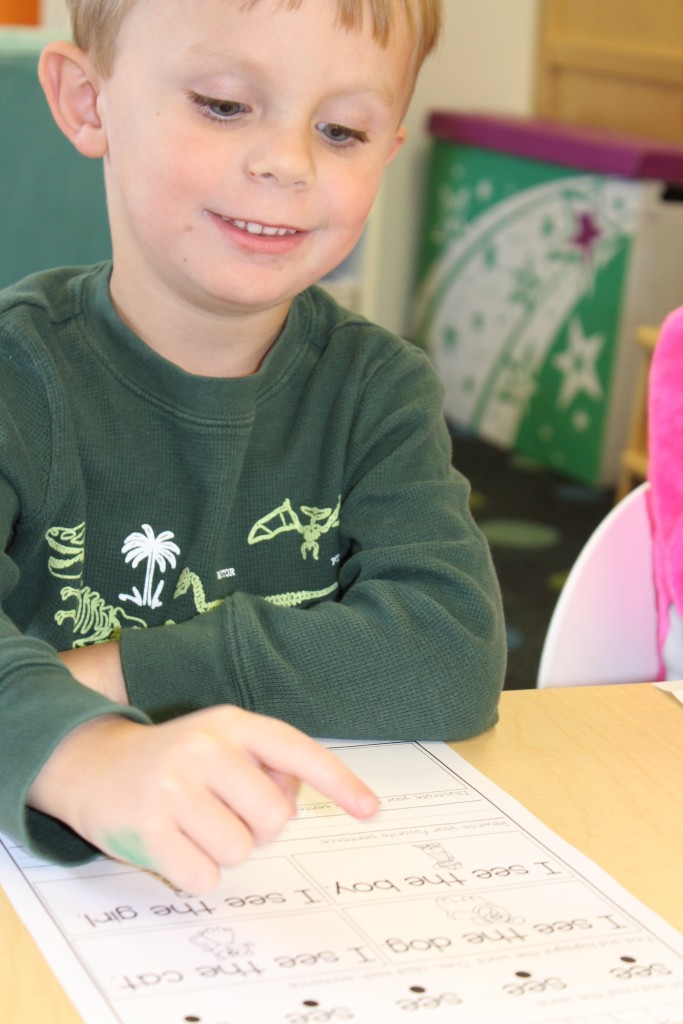
Week two of our sight word study is in full swing. We are exploring the word…IS! Some of our students are focusing on the letters i and s in the word along with the sounds they make, while others are using their new sight word while reading simple text, building simple sentences and using it in their writings.
We’re having fun chanting, cheering, dancing and singing our way to a strong sight word base that will grow strong early readers!
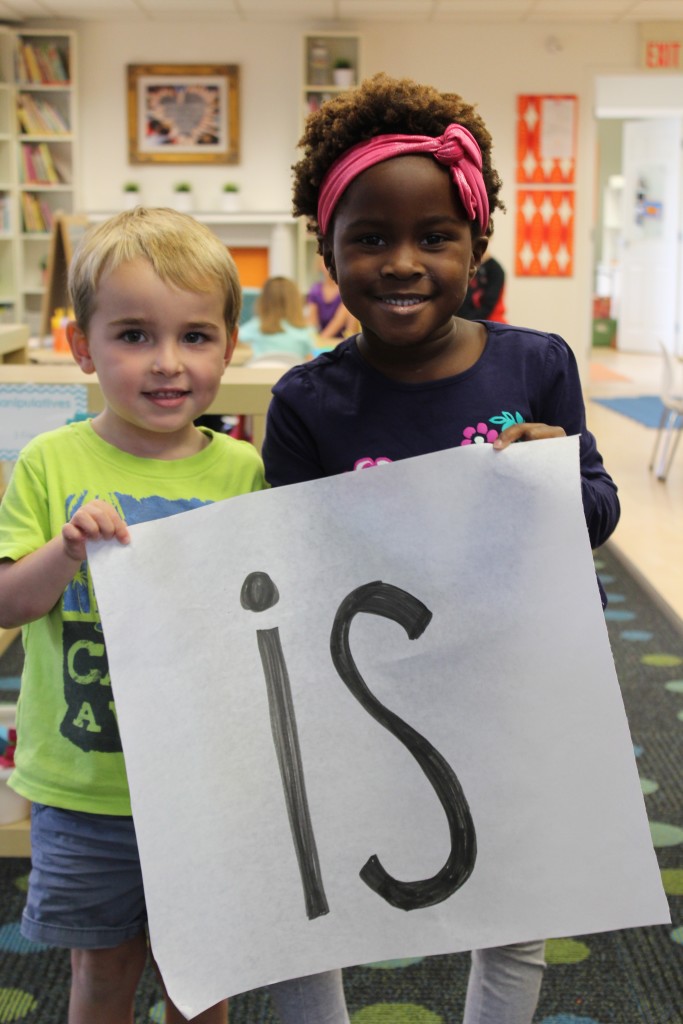
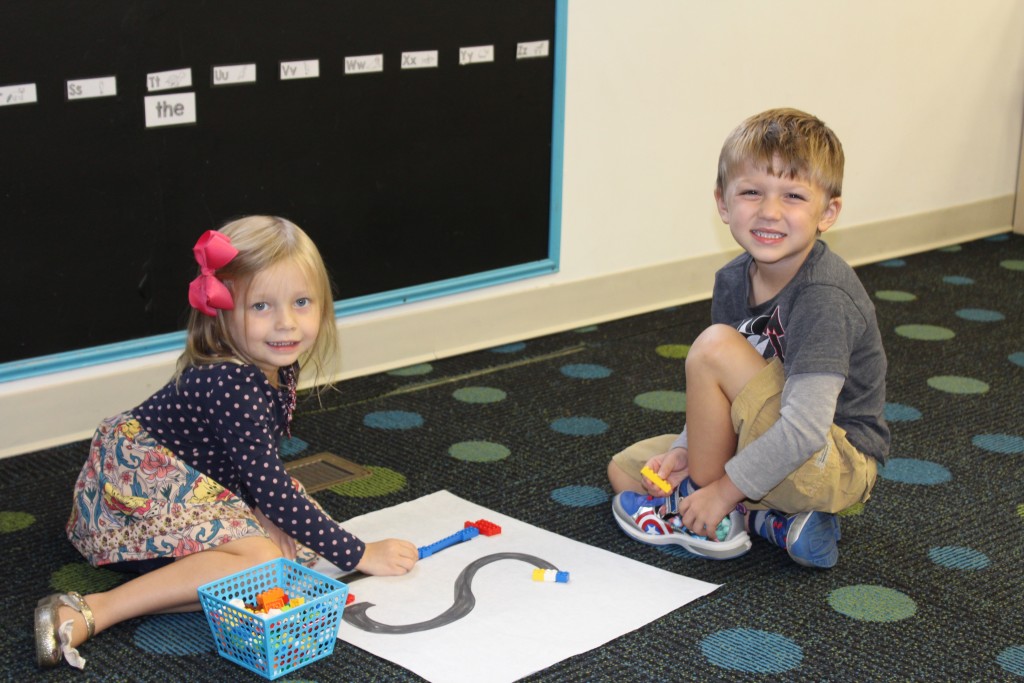
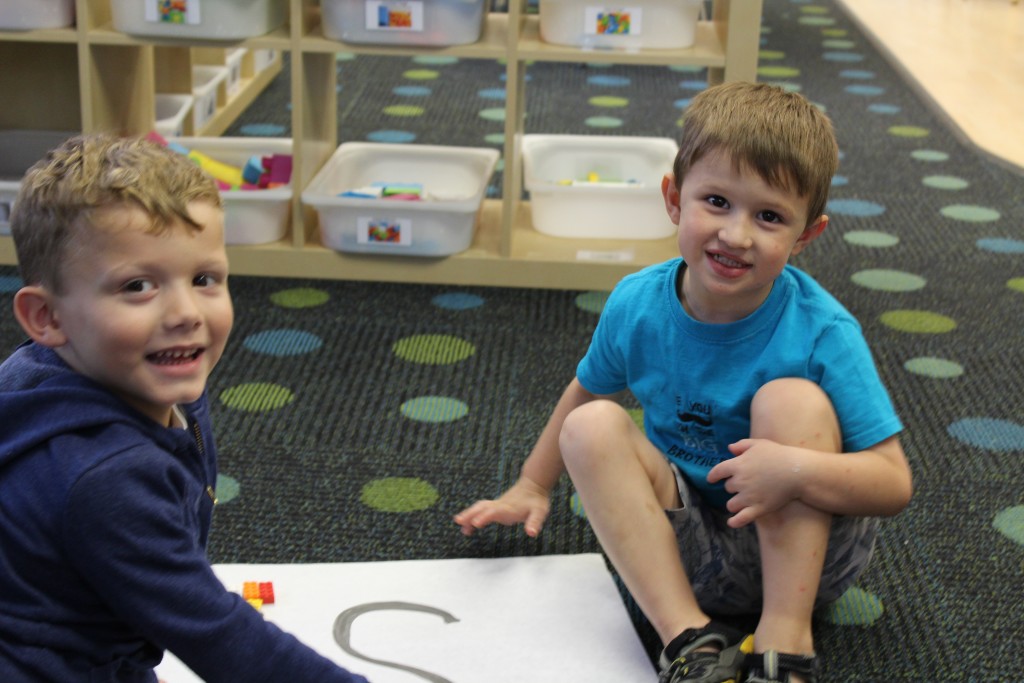
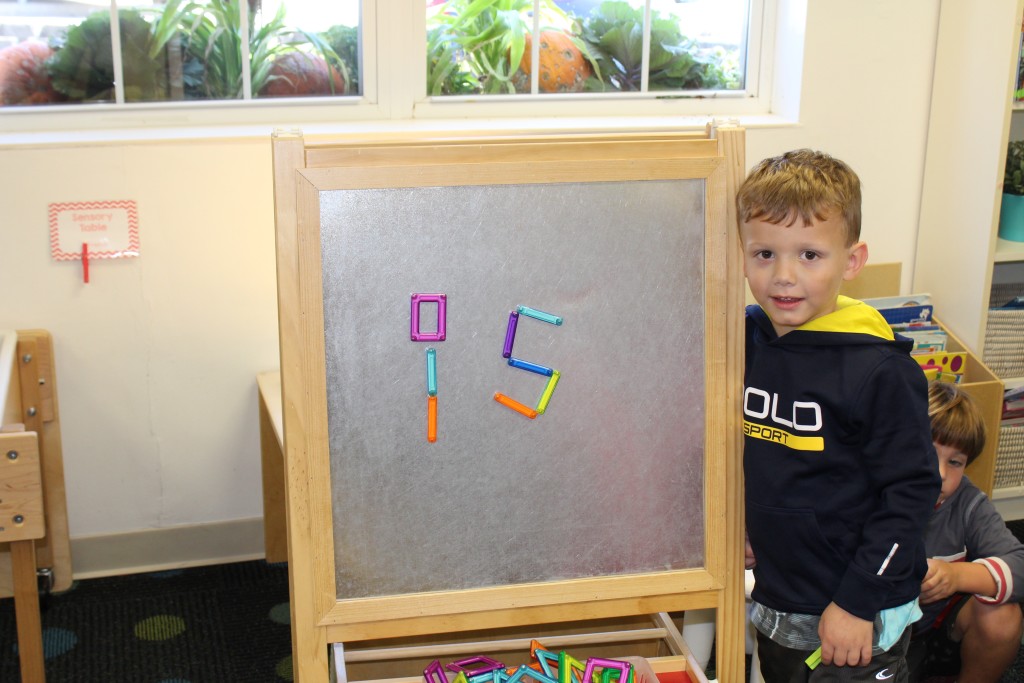
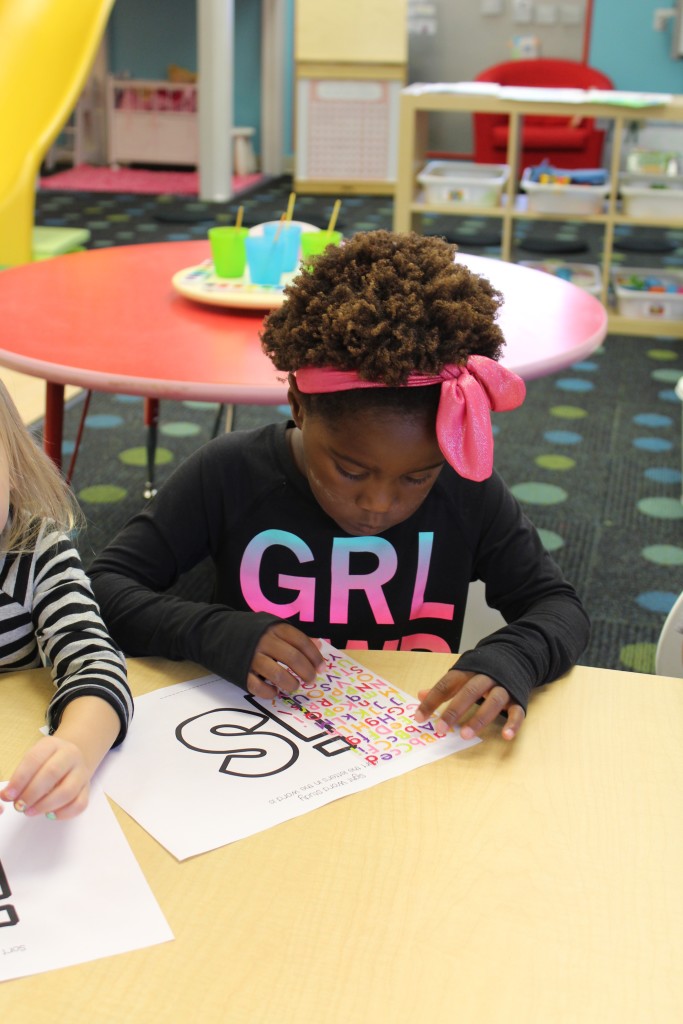
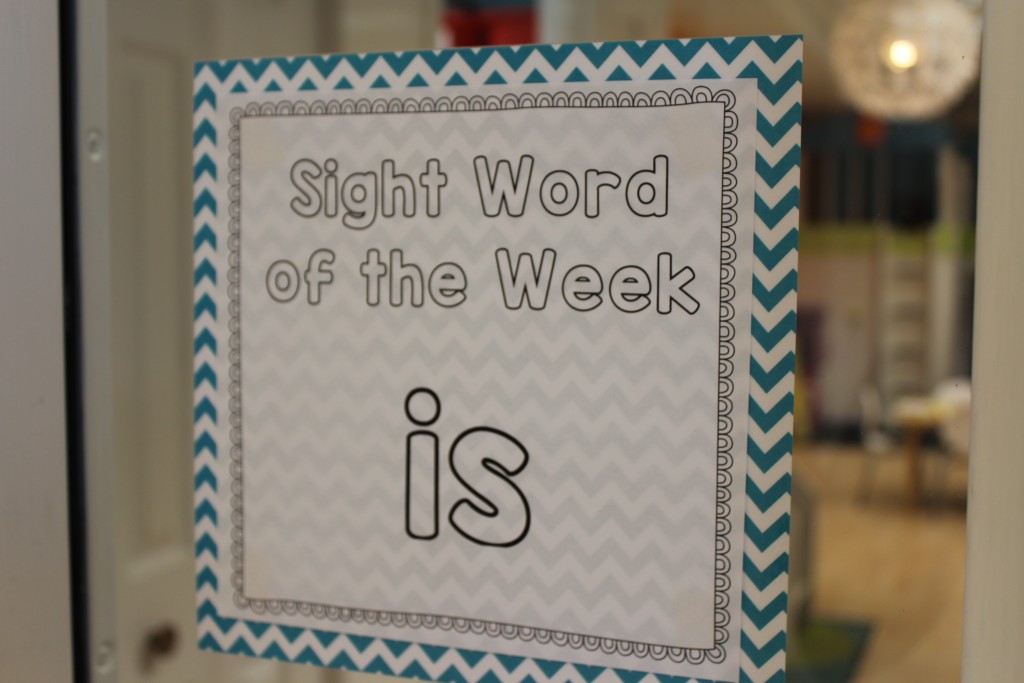
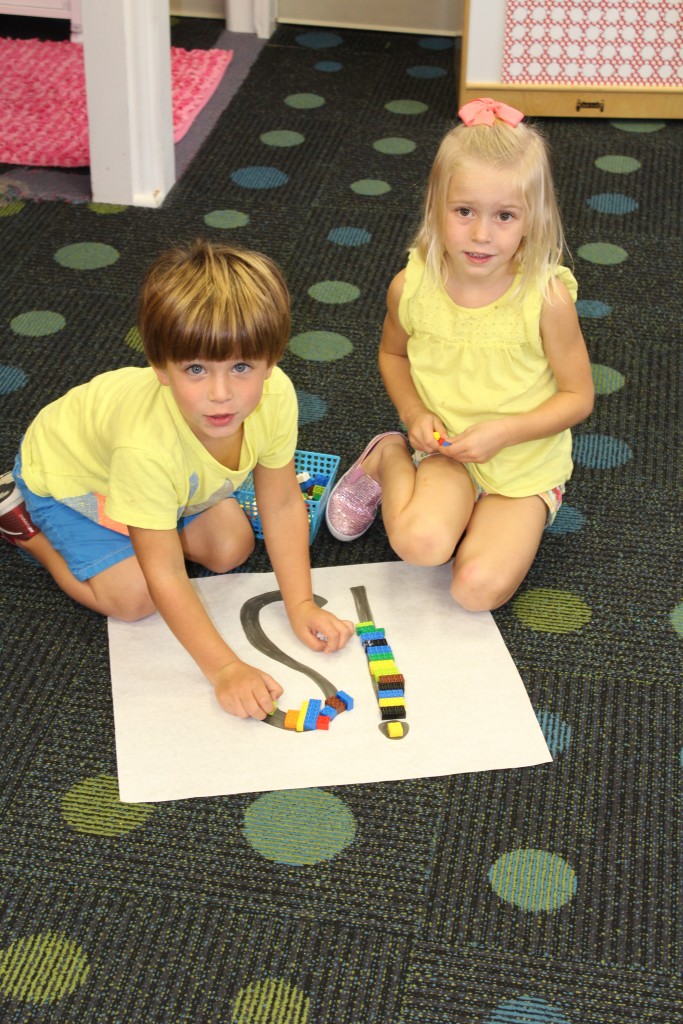
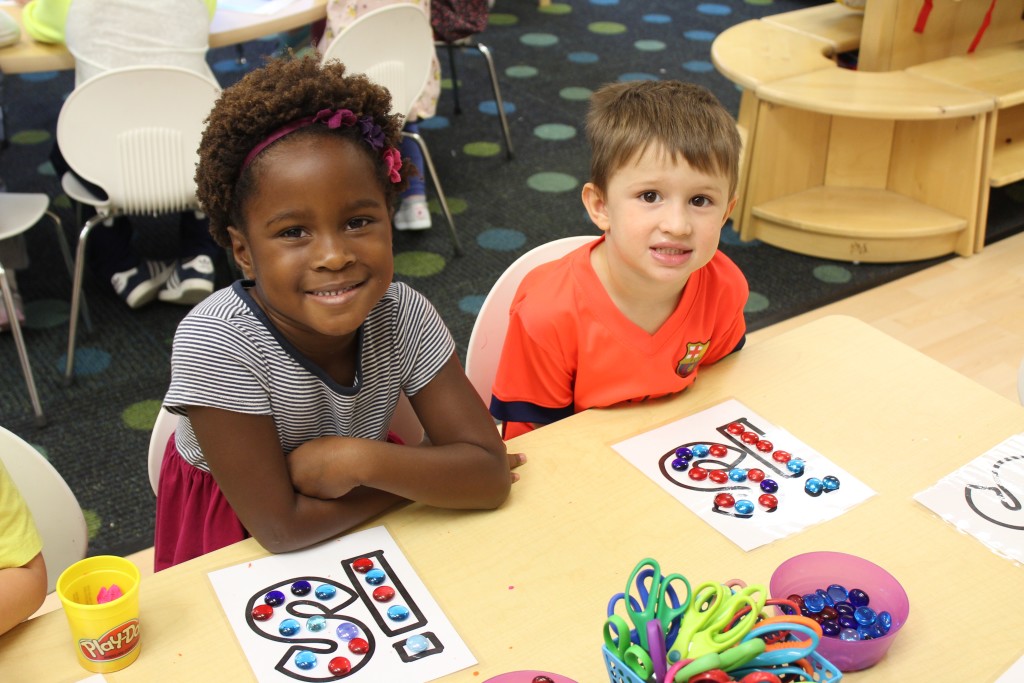
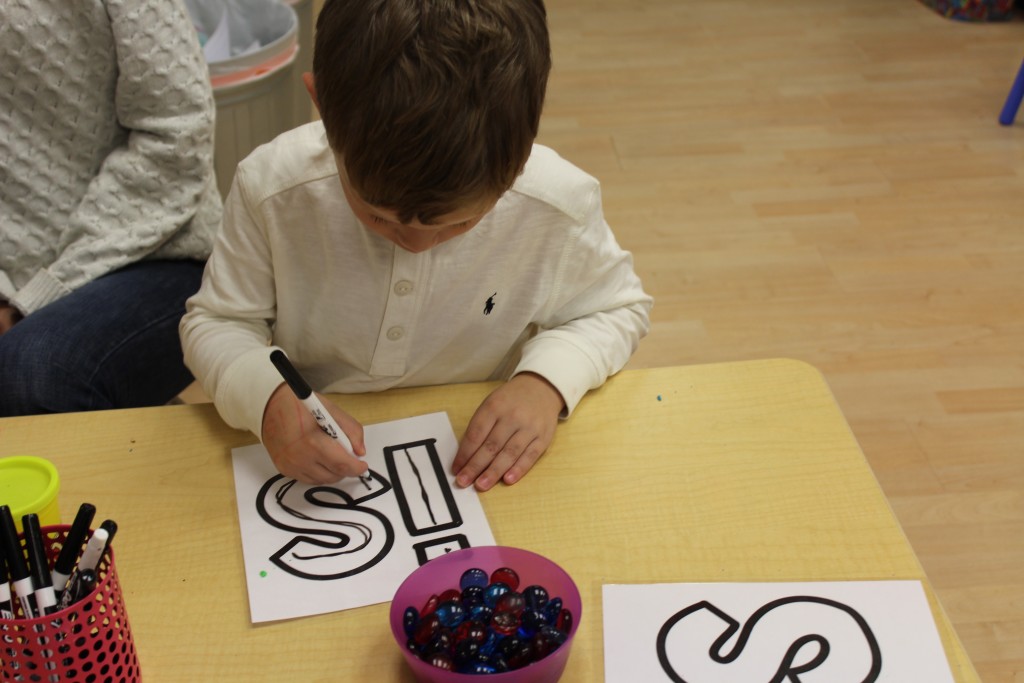
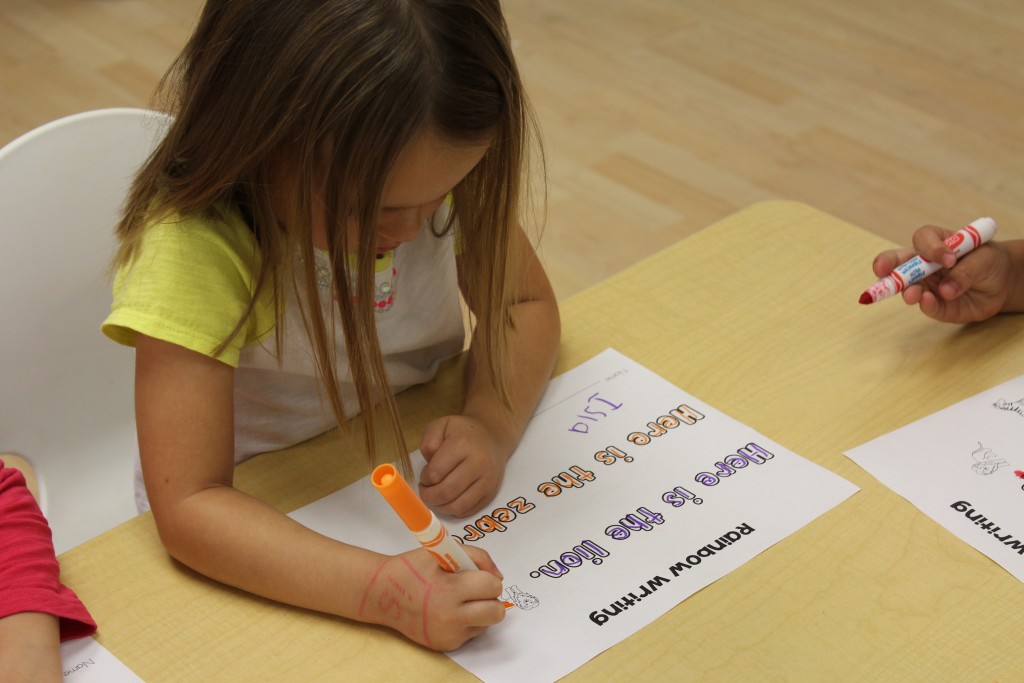
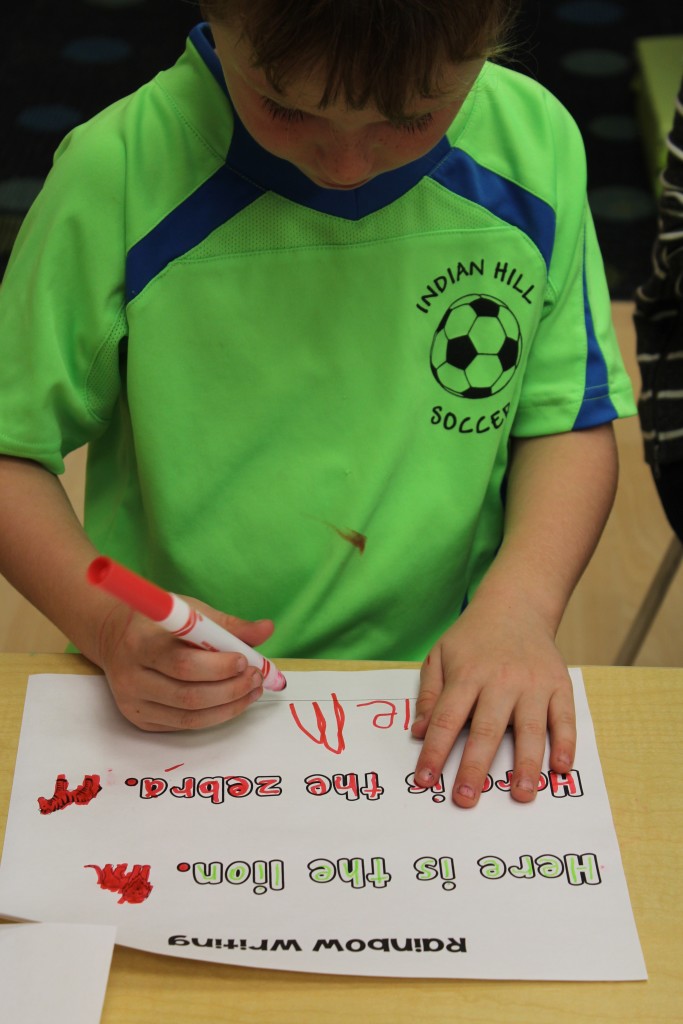
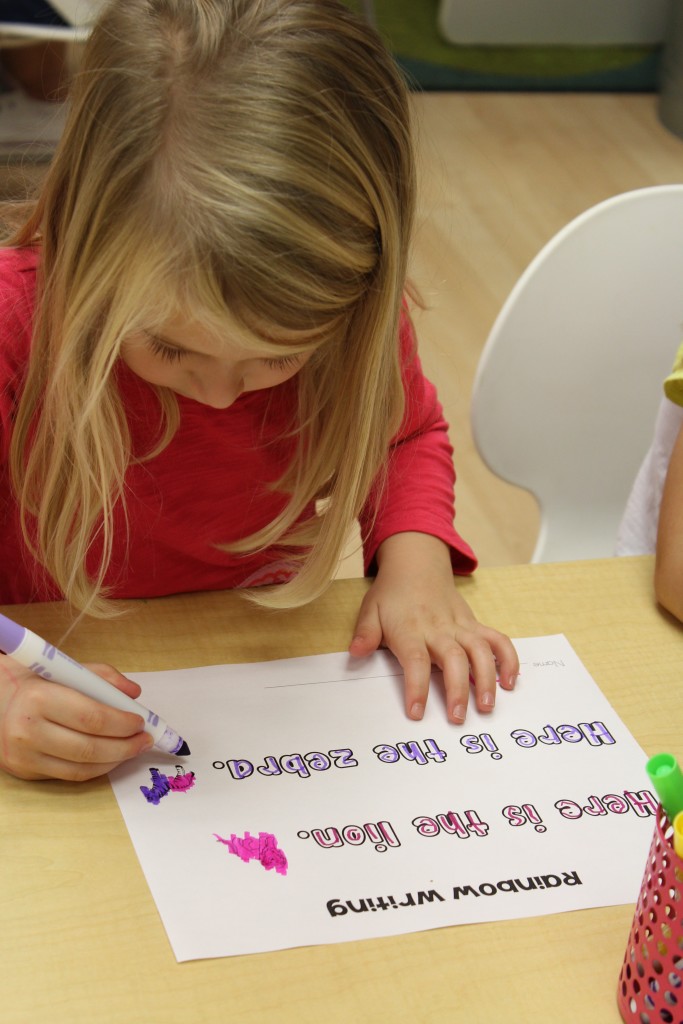
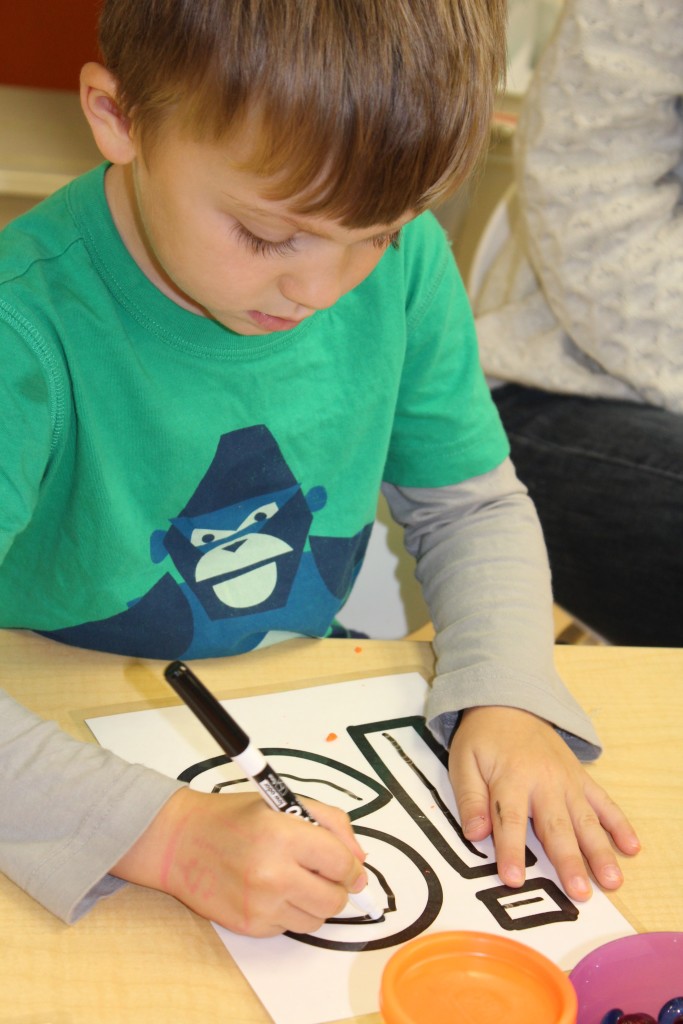
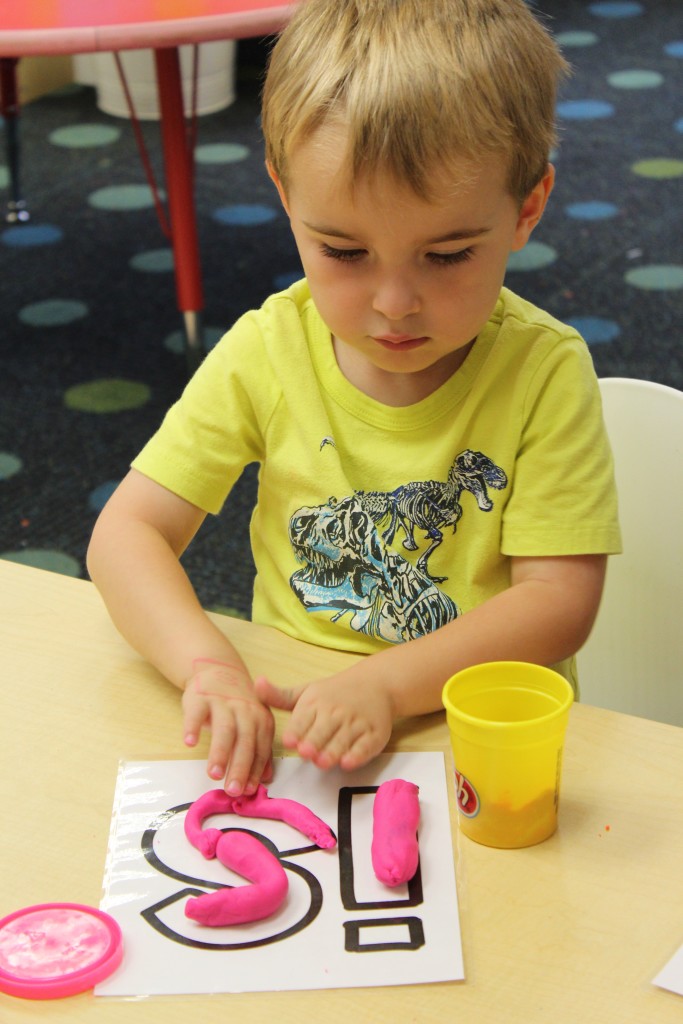
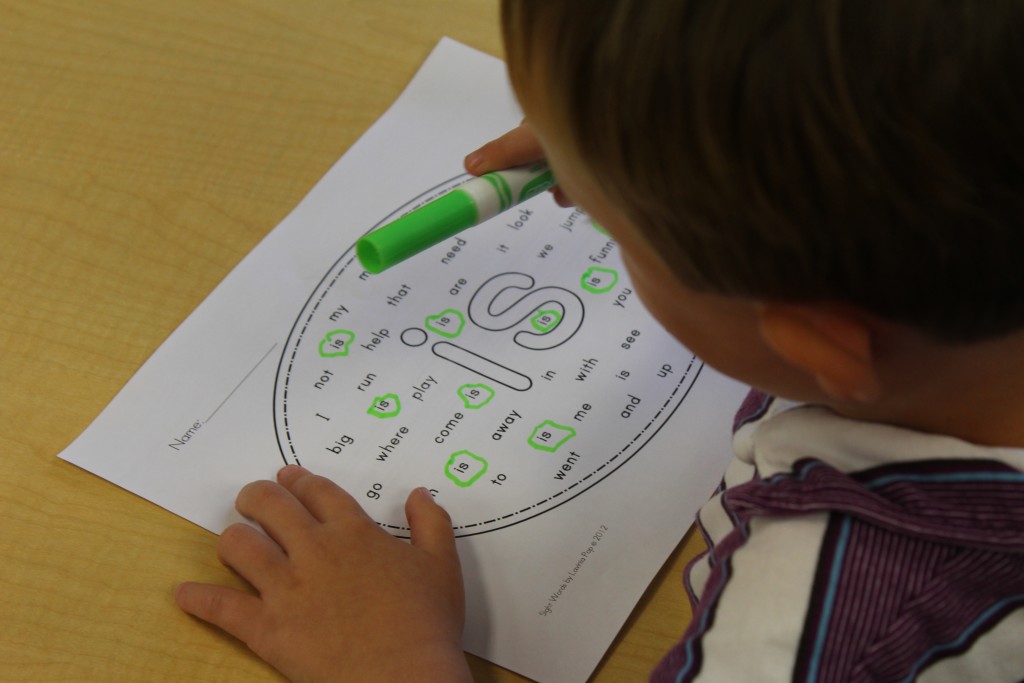
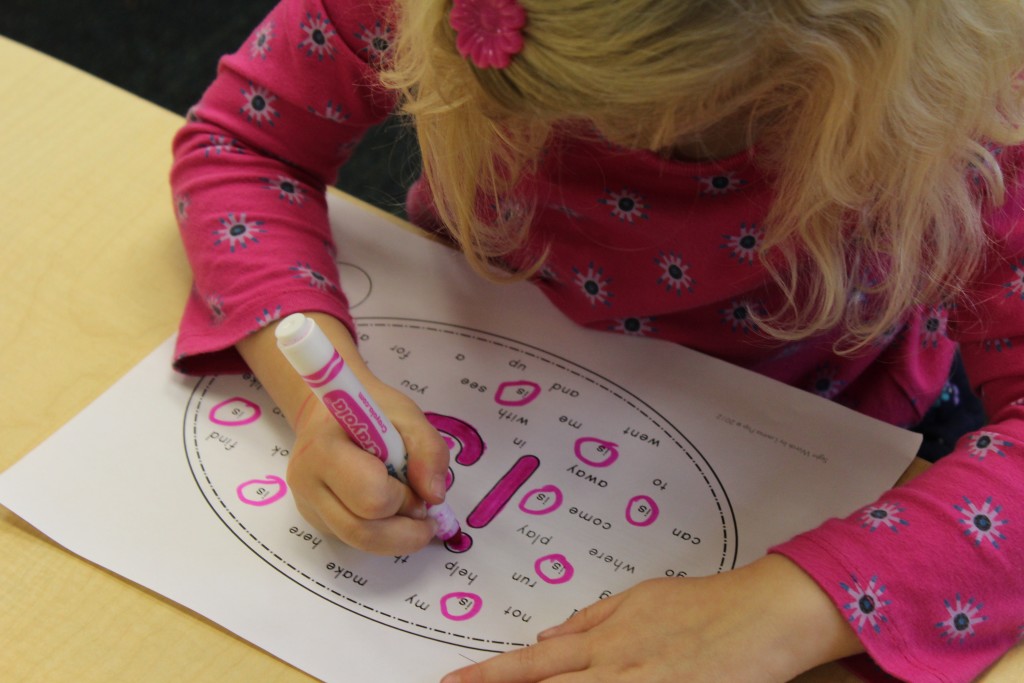
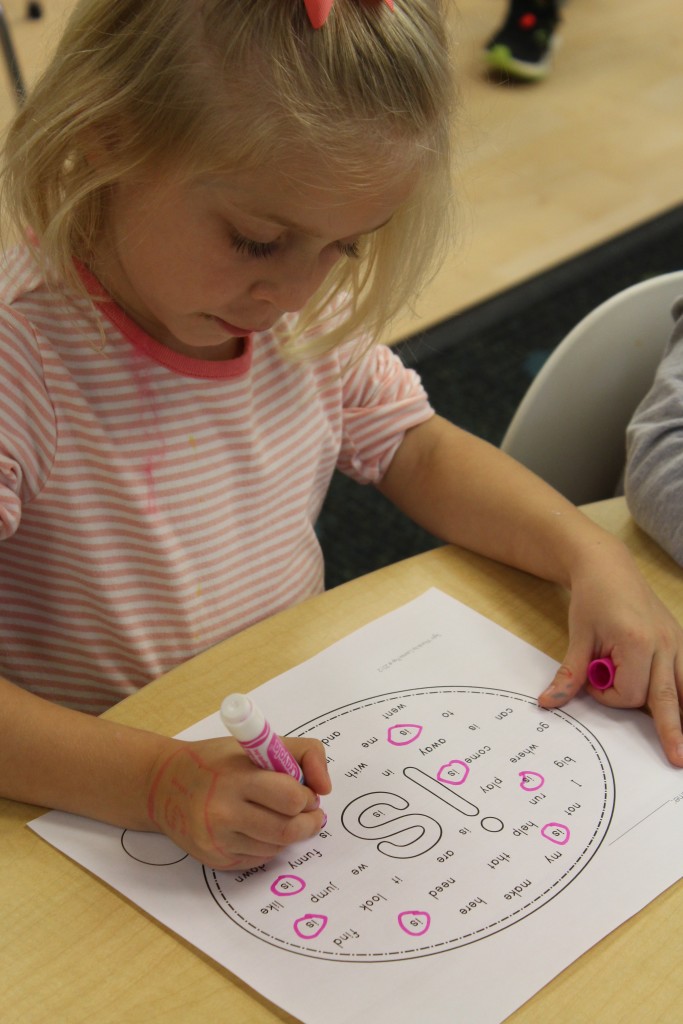
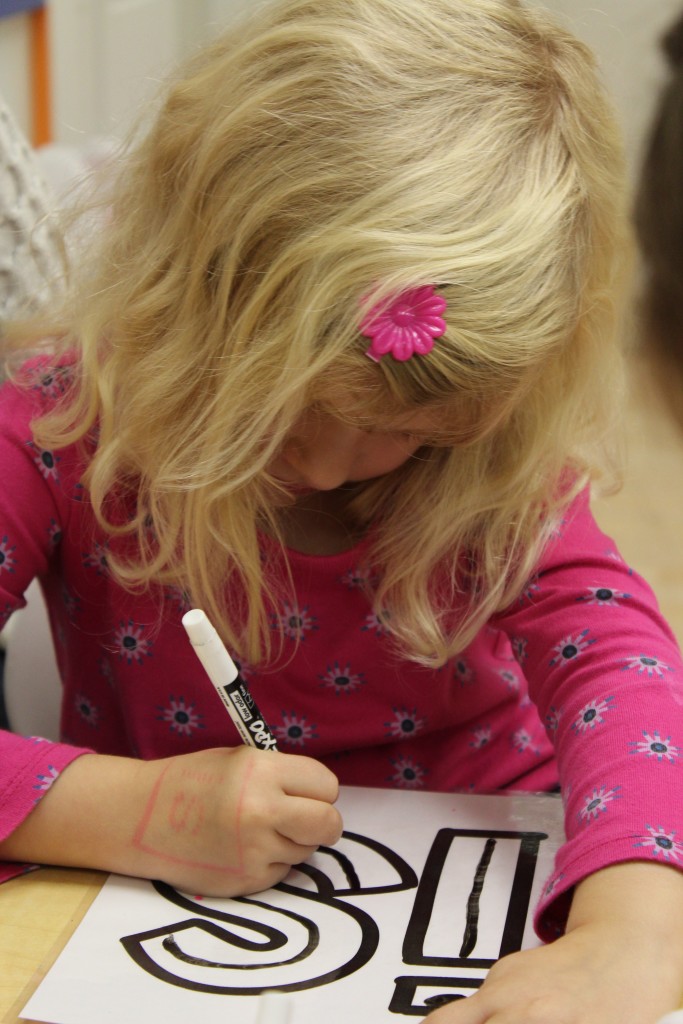
We have been working hard this month on our addition math study unit…we have used many different manipulatives such as marbles and unifix cubes to learned the fundamentals of addition. According to learning theory based on psychologist Jean Piaget’s research, children are active learners who master math concepts by progressing through three levels of knowledge–concrete, pictorial, and abstract. When children use manipulatives it allows them to explore addition at the concrete level. When students manipulate objects to solve addition problems, they are taking the first steps toward building understanding and internalizing math processes and procedures. They will then use the base knowledge to develop more sophisticated problem-solving strategies in the future.
We’ve been focusing on the sight word you, this week, during our guided reading groups. We built the sight word on each page to complete the sentences, read the text to identify any unknown words using the basic reading strategies we’ve been learning this year, and reread the text to practice fluency.
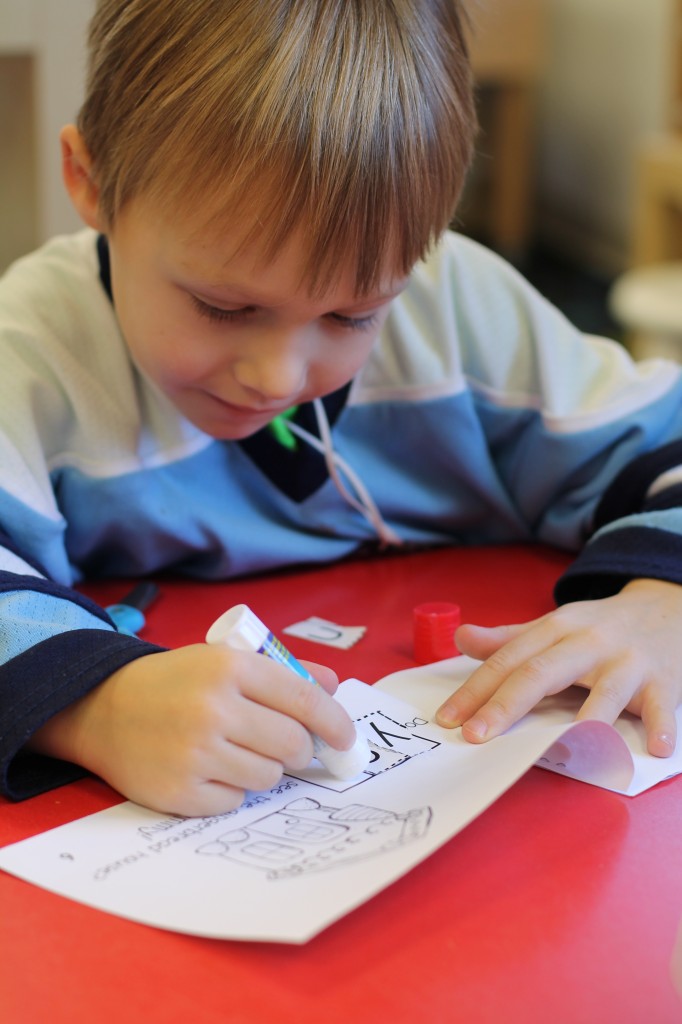
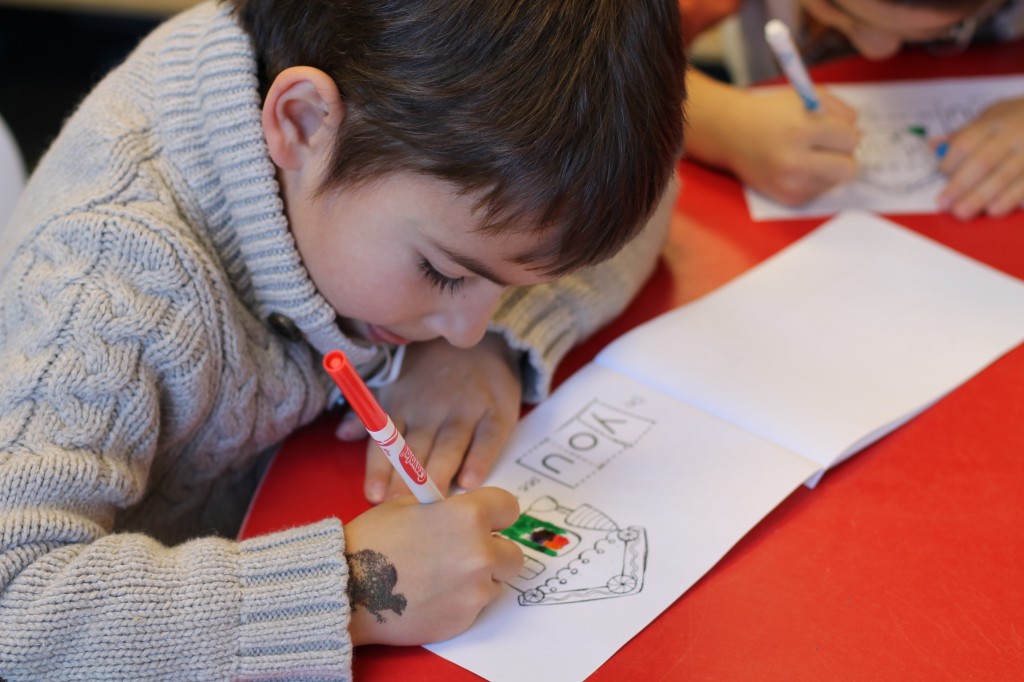
Strengthening fine motor muscles in the hands is essential for successful writing. Coloring small pictures with a focus on moving your hands/fingers slowly to stay inside the lines helps improve hand strength and dexterity of children. An easy way to encourage fine motor development at home or just about anywhere!
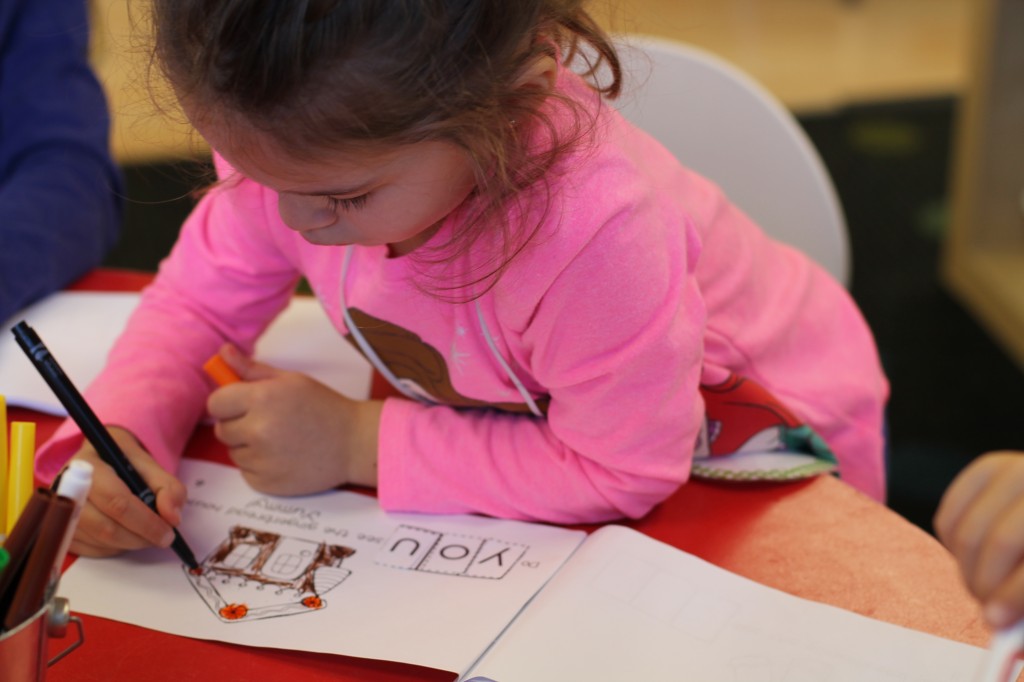
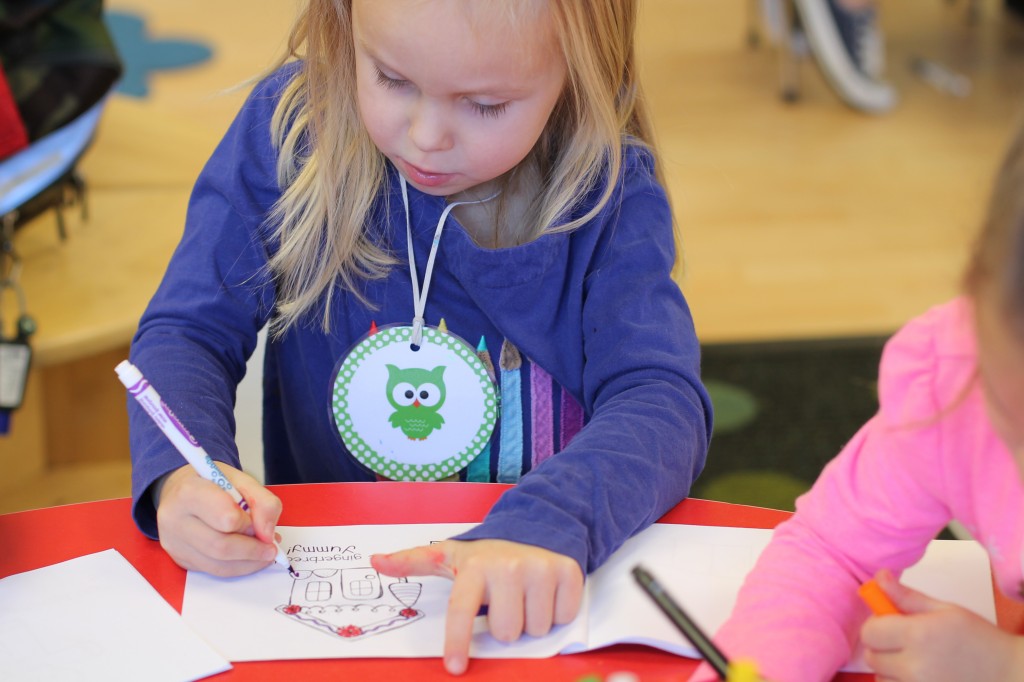
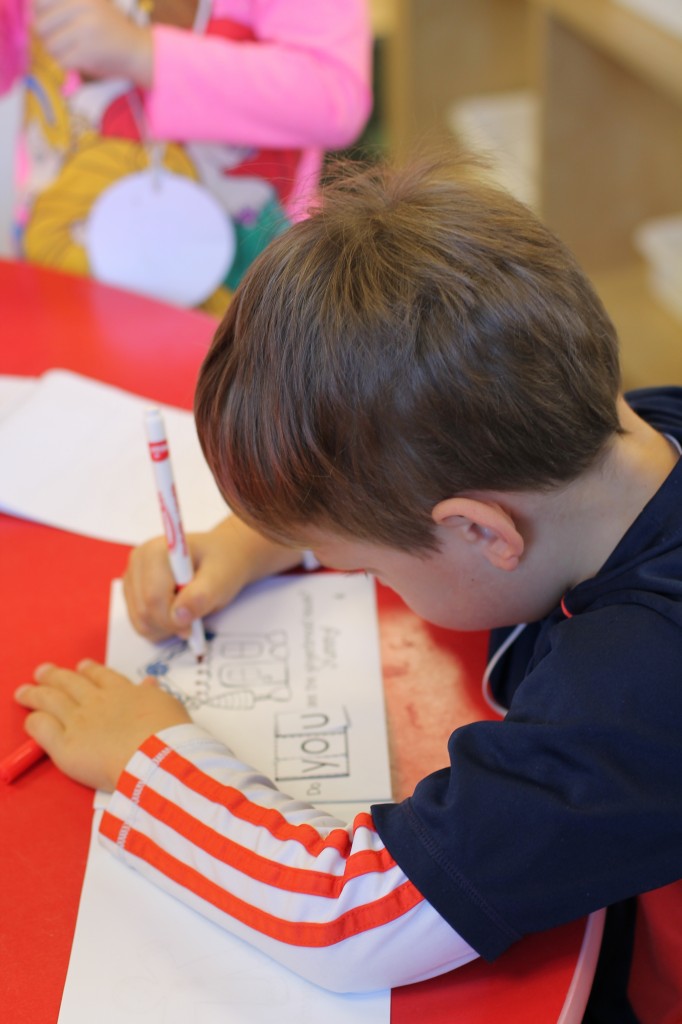
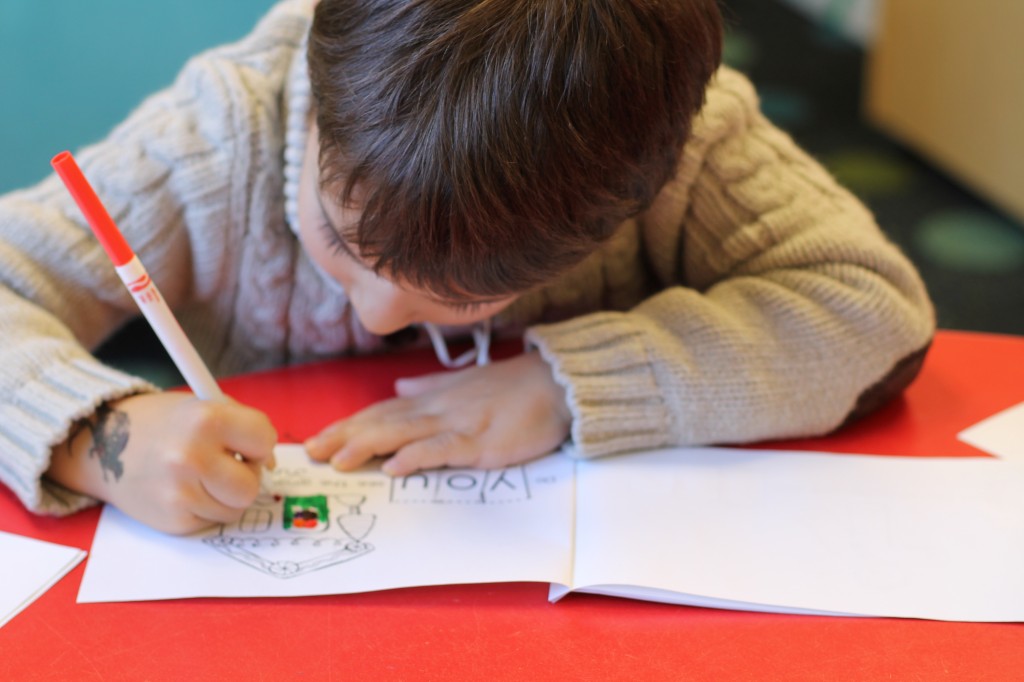
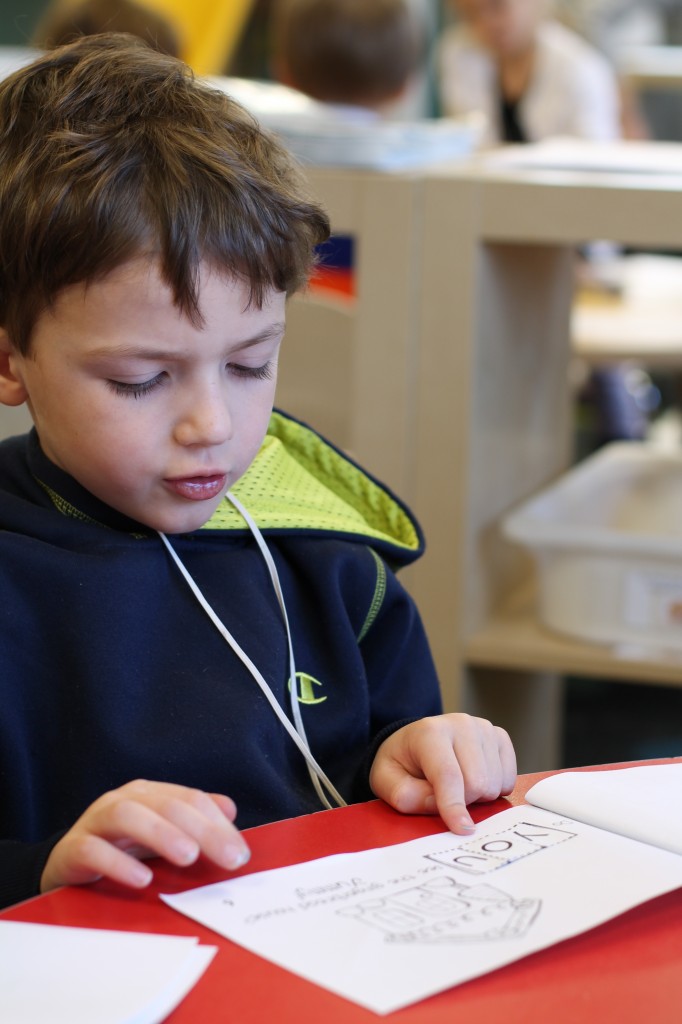
Creative Tots has specialized in the private education of both toddlers and preschool age children for over 15 years. We began in the heart of Madeira and now also have a new Mason location. We are specifically designed to focus on early childhood development for children ages 18 months to 5 years.

Click below to learn more about our program offerings:
